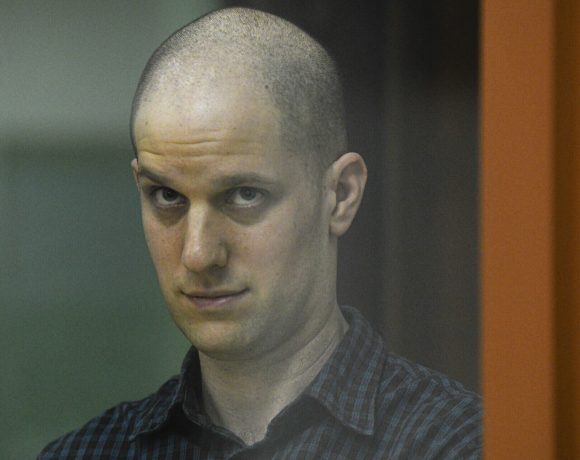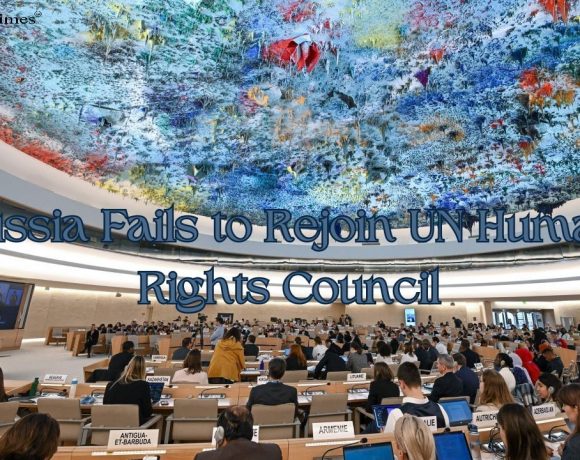
US journalist Evan Gershkovich has been sentenced to 16 years in a high-security penal colony by a Russian court, following a trial that has been widely criticized as a “sham” by his employer, family, and the White House. Gershkovich, a reporter for The Wall Street Journal (WSJ), was arrested in March while reporting in Yekaterinburg. Russian authorities accused him of espionage on behalf of the CIA, charges that Gershkovich, the WSJ, and the US government strongly deny.
This conviction marks the first time a US journalist has been found guilty of espionage in Russia since the end of the Cold War. The verdict can be appealed by both sides within 15 days.
The WSJ condemned the trial as disgraceful, emphasizing that Gershkovich has spent 478 days wrongfully detained, separated from his family, and unable to perform his journalistic duties. The publication pledged to continue advocating for his release.
Western leaders have universally condemned the ruling. US President Joe Biden asserted that Gershkovich had committed no crime and was targeted due to his role as a journalist. He reaffirmed the US commitment to press freedom and condemned the attack on journalism.
EU foreign policy chief Josep Borrell and UK Prime Minister Keir Starmer also criticized the verdict, with Borrell accusing Russia of using its legal system to punish journalism and Starmer calling the sentence “despicable.”
There is speculation that Gershkovich’s conviction may be linked to potential negotiations for a prisoner swap involving Russian nationals held abroad. Russian observers suggest that a quick verdict might indicate imminent discussions for such an exchange.
The trial, which began last month, saw prosecutors request an 18-year sentence before the hearing was unexpectedly expedited. The charges against Gershkovich involve allegations of collecting secret information about a tank factory, which he and his employer vehemently deny.
Other US detainees in Russia, including Paul Whelan, also face espionage charges. President Biden has stated that securing the release of Gershkovich, Whelan, and other wrongfully detained Americans is a top priority.
Picture Courtesy: Google/images are subject to copyright

